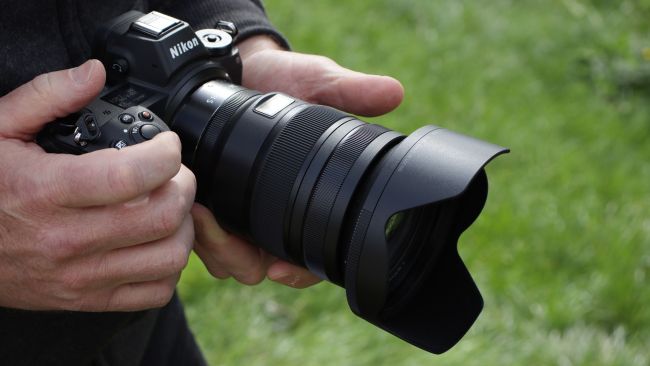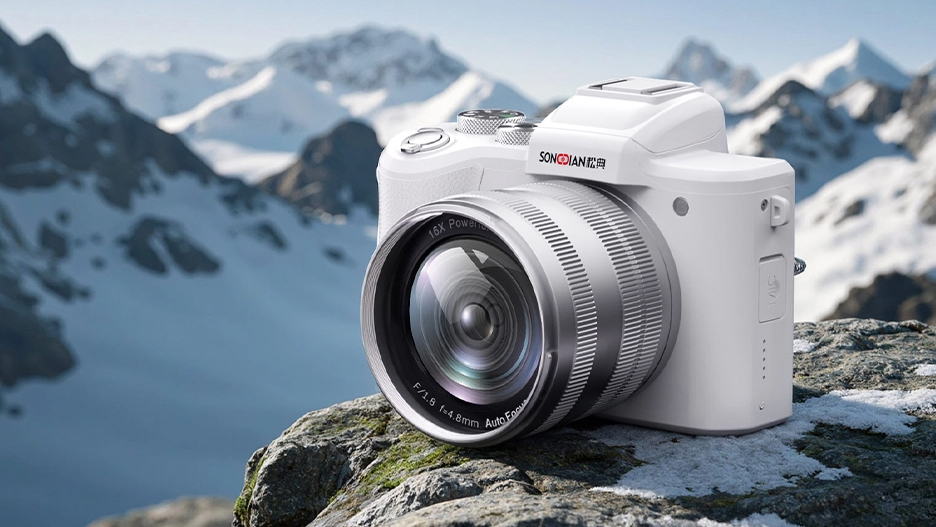Nikon to end all DSLR production in Japan (report)
Sources say that Nikon will be ending DSLR production in Japan by the end of March 2022 due to shrinking market

The best camera deals, reviews, product advice, and unmissable photography news, direct to your inbox!
You are now subscribed
Your newsletter sign-up was successful
UPDATE: Nikon is rumored to be ending production of its DSLR cameras in Japan by the end of March 2022. This is apparently due to the DSLR market shrinking in response to the rise of camera phones.
Japan Times reports that operations at Nikon's last-remaining domestic camera factory in Miyagi Prefecture will be transferred to Thailand. The Miyagi factory currently produces the Nikon D6, but will apparently continue to be used for making camera parts and "other products" once the D6 production has been moved out.
Nikon also apparently plans to close two plants that currently produce lenses in the Yamagata and Fukushima prefectures in late August. However, there's currently no information on whether the production will be moved to Thailand or not.
• Read more: Best Nikon camera
ORIGINAL: If you're a Nikon shooter, you may want to look away now. Nikon has recently announced that it will be closing two of its interchangeable lens factories in Japan. The closure is due to take place in March 2021.
The closures come as part of Nikon's plan to reduce its overall operational costs by 59%. With Nikon facing stiff competition from its competitors and a market that's shrinking overall, it's not surprising that Nikon has taken this unfortunate decision.
Nikon has confirmed that two of its factories, the Aizu factory and the Nagai factory, will be closing in March this year. These factories focused on manufacturing interchangeable lenses for digital cameras such as the Nikon Z 7II and the Z 6II.
The best camera deals, reviews, product advice, and unmissable photography news, direct to your inbox!
A spokesperson from Nikon has said, “We will ask 108 employees working at the Nagai factory and 54 employees at the Aizu factory to move to the factory in Otawara City, and if it is difficult to move, we will support reemployment.”
Nikon has also confirmed that it plans on moving all of its manufacturing to Thailand, where it is already operating. This consolidation could help the company reduce its overall costs and streamline the business.
While this might initially be bad news for both the company and the industry as a whole, this could turn out to be a good move for Nikon. By streamlining its business, Nikon will hopefully be securing its position for the future.
Read more:
Best camera for beginners
Best professional camera
Best mirrorless cameras
Best DSLRs
Best compact cameras
Best Nikon lenses
Best Nikon Z lenses
Usman is a commercial and architectural photographer based in West Yorkshire, who has been working professionally for over seven years. He has also spent over four years as a writer for the biggest photography sites in the world, including Staff Writer for Digital Camera World, senior staff writer for FStoppers, and tech writer for Petapixel.
With a particular interest in technology developments, high-resolution imaging and the high-end cameras, Usman has been on the cutting edge of camera news as well as writing features about medium format systems and global shutters, and has reviewed some of the latest Leica cameras as well as a tripod that’s even taller than Andre the Giant!

